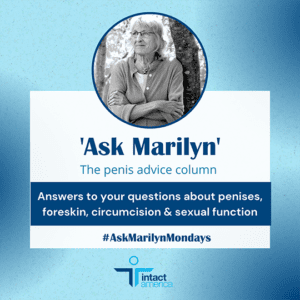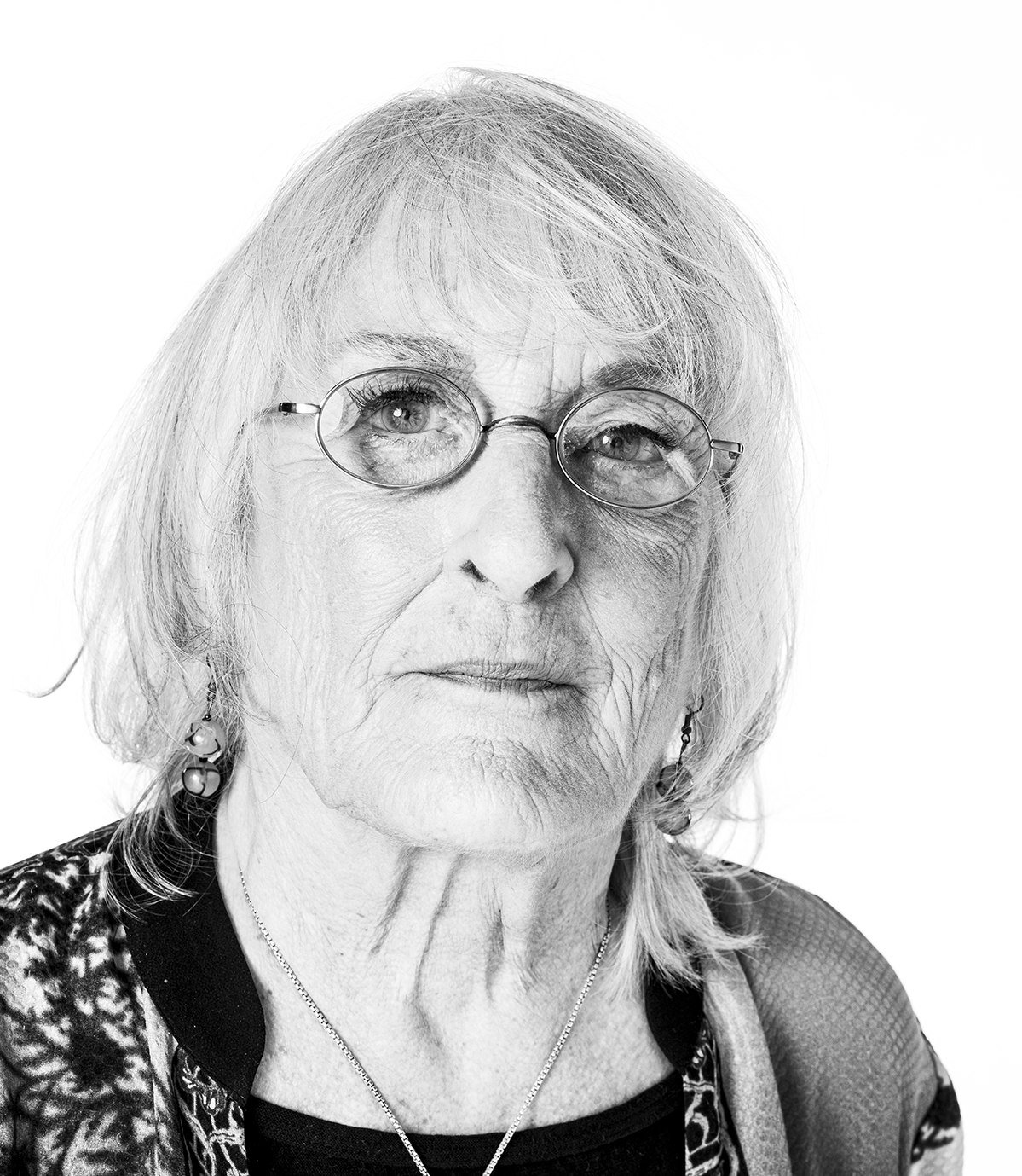 Dear Marilyn:
Dear Marilyn:
My parents didn’t have me circumcised because they thought the choice should be mine. I felt a little self-conscious when I was in grade school because I was the only boy with a foreskin in my class. When I was in 7th grade, our science teacher told us circumcision was done so boys would be cleaner and healthier. After that, I felt inferior. Now that I’m 19, I’ve been considering circumcision for myself, but a couple of friends have warned me against it. My doctor told me it’s a simple surgery and a personal choice. That’s all he said. Can you tell me why I should or shouldn’t be circumcised?
– Uncut in Milwaukee
Dear Uncut:
American doctors have been circumcising babies for several generations, so most doctors practicing these days don’t have a foreskin. They learned little or nothing about the structures, functions, development, and care of the normal foreskin. Instead, they were taught it should be cut off.
Even though, at 19, you are legally able to consent to circumcision, it’s clear that your doctor has not given you the proper information for that consent to be truly “informed.”
Here’s what you should know:
- A penis without a foreskin doesn’t work as nature intended for its owner or his sexual partner.
- Amputating the foreskin eliminates the penis’ “command and control” nerve center, the normal skin system that allows for comfortable erections and the gliding mechanism necessary for sensory pleasure, foreplay, and normal intromission (entry during intercourse).
- Circumcision amputates the tens of thousands of specialized, erogenous nerve endings that signal to the man where he is in relation to the orgasmic threshold.
- It denudes and exposes the glans (head of the penis), causing it to become dry, calloused, and desensitized. Circumcised men talk about becoming impotent during their 50s or 60s while intact males tell me the urge doesn’t come around as often but their sensitivity hasn’t diminished.
- Circumcision makes the penis smaller, too.
Your seventh-grade science teacher was wrong! Circumcision does not make the penis cleaner, reduce the risk of penile or cervical cancer, or prevent urinary tract infections, STDs, or HIV/AIDS.
Remember: Once the foreskin is cut off it can never be replaced. Though many men are now stretching the remnant foreskin to re-cover the glans and regaining the gliding mechanism and some sensitivity, the nerve endings in the foreskin are lost forever.
Your parents protected your body and your rights when you were a child. Now, it’s up to you to protect yourself, if you want to maintain the wholeness of your body and the fullness of your sexual experience.
—Marilyn





